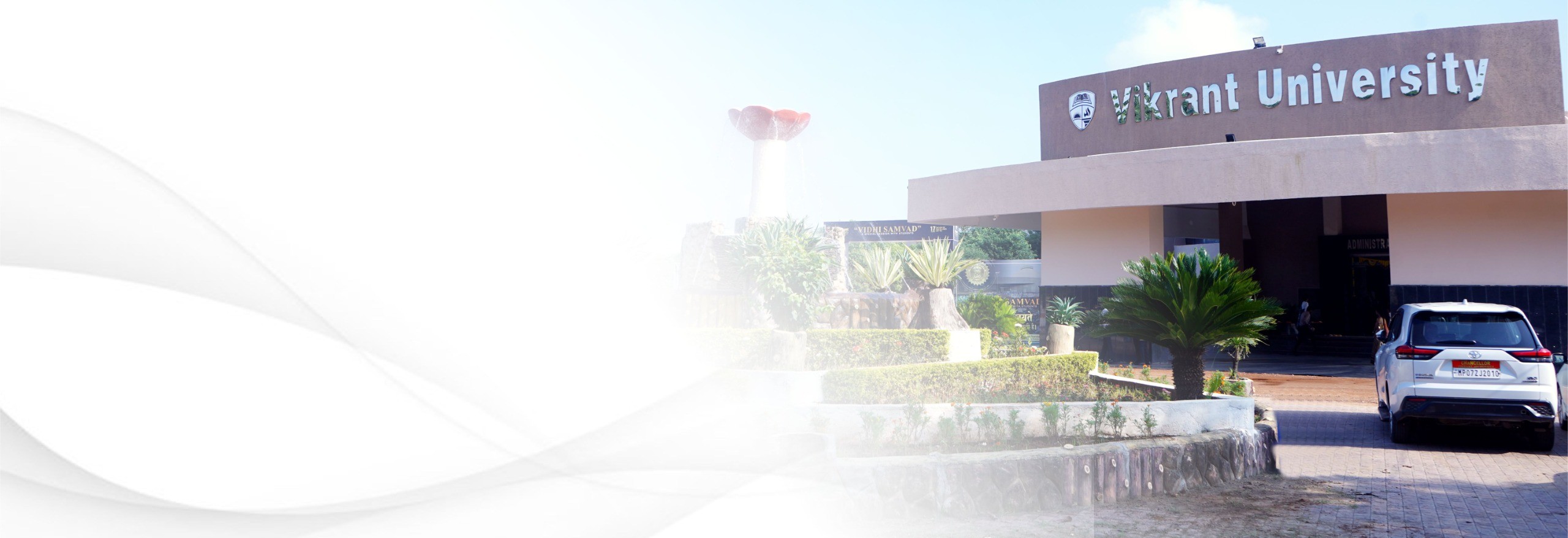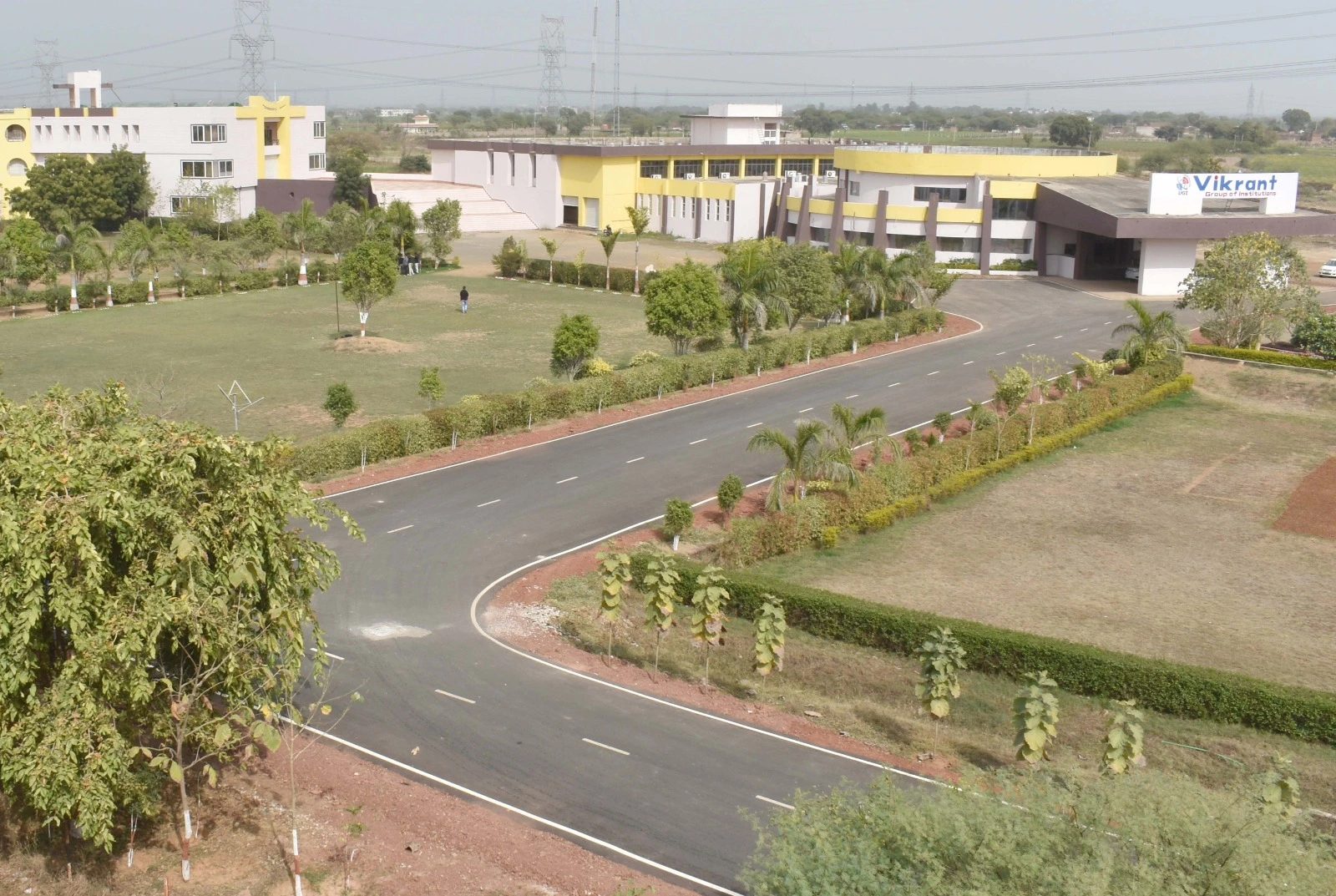
30th - 31st January, 2026




The International Conference on Emerging Challenges and Research Frontiers in Digital Transformation (ICECRF 2026) will be a platform for thematic discussions based on "Digital Transformation and its Emerging Research Frontiers". The conference seeks to assemble academicians, scholars, industry professionals, and students to the conference to discuss the digital transformation. The discussions will concentrate on how the individual is affected and consider the interrelations between the disciplines such as Artificial Intelligence, Machine Learning, Big Data, Cyber-Physical Systems, Digital Governance, FinTech, EdTech, and HealthTech, etc. that are energizing the digital ecosystem.
ICECRF 2026 is a perfect stage for university scholars, researchers, academicians, professionals, and policymakers to publicly express their views after a thorough analysis on the topic of digital transformation. It is a conference that welcomes cross-disciplinary interaction from computer science, engineering, management, social sciences, and policy studies. Besides issues, the conference would deliberately focus on the benefits side of digital revolution also. The six thematic tracks would range from such areas as Artificial Intelligence, Machine Learning, Legal Technologies, Digital Law, Digital Education, Digital Health, FinTech, and Entrepreneurship.
The conference seeks to deepen the understanding with the help of interrelations of university and industry and, at the same time, to be a source of fresh ideas. Attendees will understand the intricacies of digital ecosystems and have a say in creating the digital society of the future. ICECRF 2026 by uniting the top experts throughout the globe will not only facilitate academic and professional discourse but also open new routes of research and innovation. Thus, the conference is aiming at facilitating the ongoing digital world transformation by acting as a catalyst.
Researchers, faculty members, and academicians are welcome to submit original, unpublished works highlighting emerging challenges and offering radical solutions in line with the themes of the conference. ICECRF 2026 is a great platform to connect different disciplines and real-world empirical studies to deepen the understanding of the transition of our world into a digital space.
The primary purpose of ICECRF 2026 is to combine different disciplines that are diverse but connected in terms of the theme under one logical framework to facilitate better understanding of the digital metamorphosis. The digital transformation has permeated all the walks of life, and is affecting decision-making, policy formulation, service delivery, innovation cycles, and socio-economic development. The conference intends to encourage discussions that link technological innovations to governance systems, business models, legal structures, educational practices, and socially responsible development. It wants to energize theoretical, applied, and real-world case study research contributions that deepen the understanding of digital-first ecosystems.
ICECRF 2026 is marked by its thematic coherence. ICECRF 2026 is a single-focus conference where digital transformation is the overriding theme for all academic discussions. This leads to greater conceptual depth, uniformity of review standards, and stronger scholarly contributions of higher quality.
1. Promote Academic Dialogue :
The conference aims to facilitate the exchange of ideas among scholars, researchers, and professionals.
It serves as a forum for academic dialogue on digital transformation and its societal implications.
2. Explore Technological Impact :
The conference examines the transformative role of Artificial Intelligence, Machine Learning, Big Data,
and Cyber-Physical Systems. It highlights how these technologies influence governance, business,
education, and healthcare sectors.
3. Foster Interdisciplinary Exchange :
By bringing together perspectives from computer science, engineering, management, social sciences,
and policy studies, the conference encourages interdisciplinary insights. It values contributions that
break academic silos and provide holistic solutions to contemporary challenges.
4. Encourage Innovation and Collaboration :
The conference strengthens university–industry linkages and acts as a platform for innovative ideas and
viable digital ecosystem solutions.
5. Advance Research Quality :
With digital transformation as its core theme, the conference focuses on ensuring conceptually rich and
high-quality scholarly contributions.
6. Inspire Real-World Impact :
The conference promotes theoretical, applied, and case-study-based research that is grounded in practice
and contributes to socio-economic development.

Publication Partner - Taylor & Francis (T&F) Group. Published proceeding will be submitted to Scopus Indexing by T&F
5th Nov, 2025
25th Nov, 2025
10th Jan, 2026
15th Jan, 2026
20th Jan, 2026
30th and 31st Jan, 2026

Vikrant University, one of the best universities in Gwalior was established under Madhya Pradesh Act No. 25 of 2022 by the Government of Madhya Pradesh in the year 2022 as a private university educational Institute to provide higher education to build a career in the field of Engineering & Technology, Management & Commerce, Legal Studies, Agriculture Science, Humanities & Culture, Natural & Applied Science, Pharmacy, Yoga & Naturopathy and Arts & Design.
The Vikrant University is the Best University in Gwalior with the sole objective of setting new standards in higher education, research and innovation, thereby leading the learners to the pinnacle of success. It makes our commitment strong and firm to promote high-quality interdisciplinary research in a vibrant and plural environment. To achieve this, we have created a State of Art Infrastructure and in-depth resources of thorough diehard professionals.
To convert this dream into reality, the strength of Vikrant University, Best University in Gwalior, is the renowned faculty members having distinguished academic and research achievements in various disciplines.

Gwalior is a major city in the central Indian state of Madhya Pradesh; it lies in northern part of the state and is one of the Counter-magnet cities. Located 343 kilometres (213 mi) south of Delhi, the capital city of India, 120 kilometres (75 mi) from Agra and 414 kilometres (257 mi) from Bhopal, the state capital, Gwalior occupies a strategic location in the Gird region of India. The historic city and its fortress have been ruled by several historic northern Indian kingdoms. From the Kachchhapaghatas in the 10th century, Tomars in the 13th century, it was passed on to the Mughal Empire, then to the Maratha in 1754, and the Scindia dynasty of Maratha Empire in the 18th century. In April 2021, it was found that Gwalior had the best air quality index (AQI 152) amongst the four major cities in Madhya Pradesh.
Besides being the administrative headquarters of Gwalior district and Gwalior division, Gwalior has many administrative offices of the Chambal division of northern Madhya Pradesh. Several administrative and judicial organisations, commissions and boards have their state and national headquarters situated in the city.
Gwalior was the winter capital of the state of Madhya Bharat which later became a part of the larger state of Madhya Pradesh. Prior to Indian independence on 15 August 1947, Gwalior remained a princely state of the British Raj with the Scindia as the local rulers. High rocky hills surround the city from all sides; on the north it forms the border of the Ganga–Yamuna Drainage Basin. The city is situated in the valley between the hills. Gwalior’s metropolitan area includes Gwalior city centre, Morar Cantonment, Lashkar Gwalior (Lashkar Subcity), Maharaj Bada, Phool Bagh, and Thatipur.
Gwalior was one of the major locations of rebellion during the 1857 uprising. Post-independence, Gwalior has emerged as an important tourist attraction in central India while many industries and administrative offices came up within the city. Before the end of the 20th century it became a million-plus agglomeration and now it is a metropolitan city in central India. Gwalior is surrounded by industrial and commercial zones of neighbouring districts (Malanpur – Bhind, Banmore – Morena) on all three main directions.
Gwalior has been selected as one of the hundred Indian cities to be developed as a smart city under PM Narendra Modi’s flagship Smart Cities Mission.